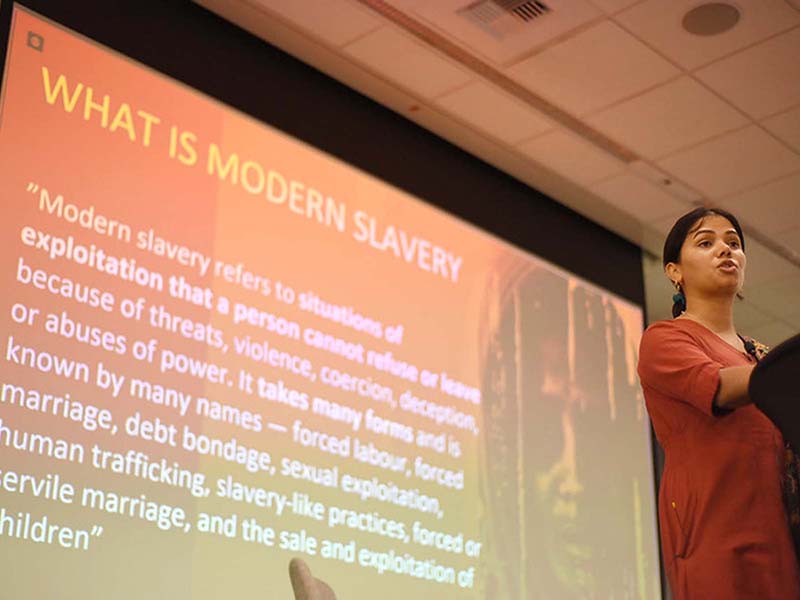BSR helped Freeport-McMoRan develop a new approach to engaging local communities, shifting from an emphasis on philanthropy to a participatory approach to investments that satisfies both the company’s and the community's needs.
The Challenge
For mining companies, job creation and access to income provide important contributions to economic development, but stakeholders also expect companies to contribute to equitable and sustainable social, economic, environmental, and cultural development.
Freeport-McMoRan Inc.—a U.S.-based company with mining operations in Africa, Indonesia, North America, and South America, and oil and natural gas assets in the United States—has a global approach to social investment and community engagement, including principles ensuring that community projects meet both company and stakeholder priorities.
Nonetheless, implementation of these principles at the local level can be challenging given the limited number of local staff and a lack of alignment on community and company visions for investments. Freeport enlisted BSR to work with its corporate and site teams to customize its global stakeholder engagement and social investment approach for company operations in Chile.
Our Strategy
First, BSR worked with Freeport Chile’s community relations team to understand stakeholders’ expectations and perceptions around mining, and to identify their vision for the future. After interviewing and conducting focus groups with dozens of stakeholders, we prioritized potential projects based on their importance to external stakeholders and alignment with Freeport’s approach.
Next, we helped the company respond to community needs by training Freeport’s site-based community-relations staff. This was closely followed by workshops with a cross-functional sustainable development leadership team to build appropriate localized engagement and investment strategies that considered not only community priorities, but also local social and political dynamics.
Through this work, we identified a number of activities for implementation, such as ensuring local staff have ongoing support in creating social investment projects, selecting partners, monitoring community dialogue, tracking stakeholder dialogue and commitments, monitoring and evaluating impact, and guiding activities that help stakeholders participate in the development of their communities.
Our Impact
As a result of this work, Freeport has shifted from a philanthropic to a participatory approach that satisfies both the company’s and the communities’ needs, and ensures a stakeholder voice in investments and operational impacts and opportunities that shape their future.
This has resulted in more dialogue with external stakeholders, including indigenous communities. The company also has hosted community meetings to develop social investment projects that Freeport will support. Further, Freeport established a Chile-based foundation that focuses on long-term investments and follows a process to select projects generated by the communities that support sustainable development.
While the programs are new, and progress is hard to assess at this early stage, the desired outcomes include building greater trust between Freeport and the communities, improving the well-being and quality of life for community members, and promoting partnerships among the different stakeholders within the territory. The project also seeks to empower community members to manage their needs and use their assets and strengths, as well as to enhance Freeport’s understanding of and acceptance by the local communities.
Lessons Learned
Some of the lessons from this four-year, ongoing project include:
- Building relationships and shifting approaches to be more inclusive takes time, and these are fundamental steps in implementing the strategies BSR created with Freeport.
- Internal, senior-level, and cross-functional support is critical in elevating the importance of this work, securing resources, and ensuring internal alignment.
- While engagement with community or indigenous leaders is very important, it’s also critical to engage a broad representation of community members to ensure all perspectives and voices are heard.
- Capacity-building and education related to projects that contribute to sustainability are also important components of a successful approach.
Let’s talk about how BSR can help you to transform your business and achieve your sustainability goals.








